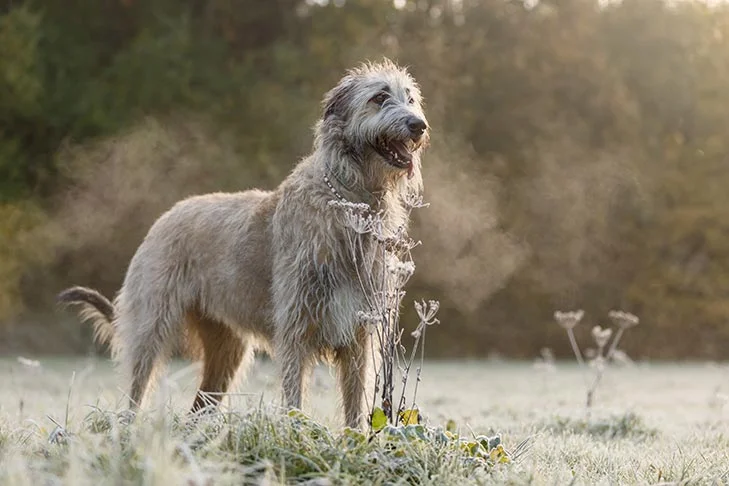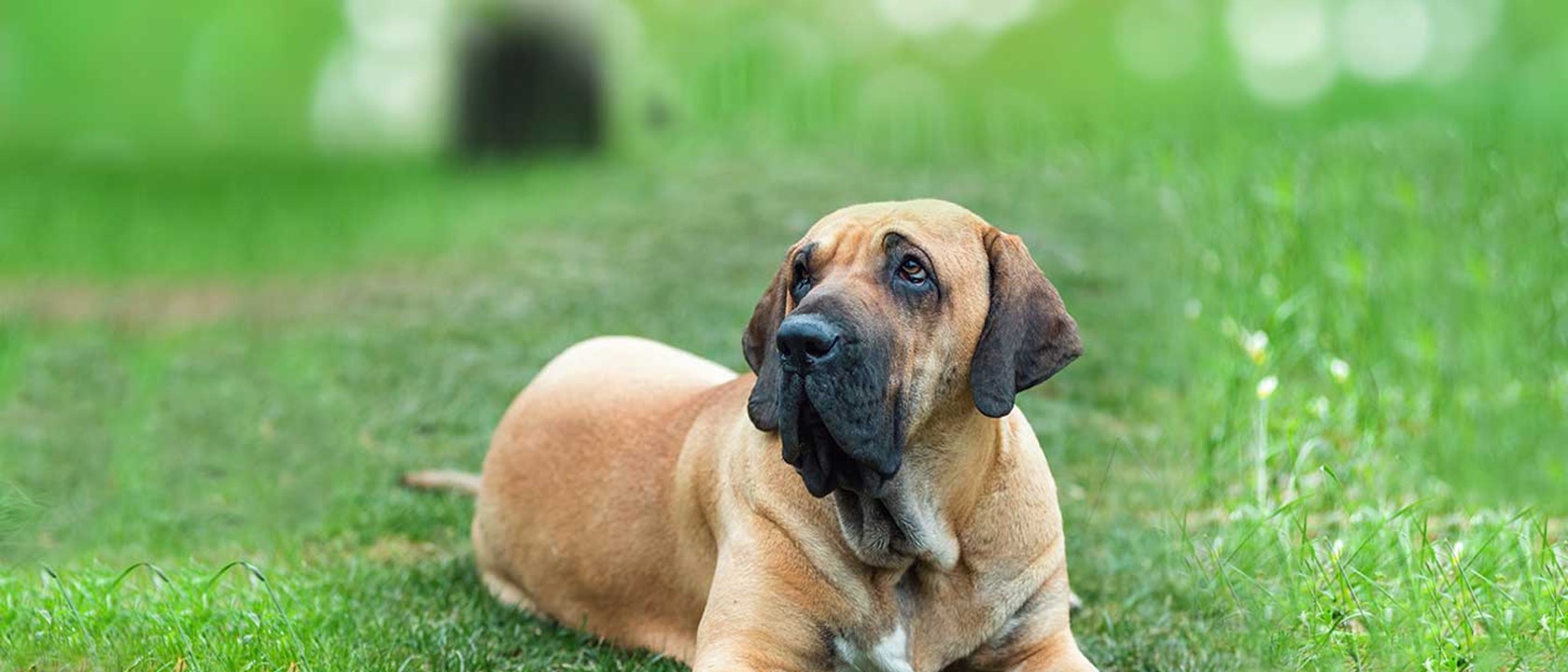
I. Introduction
The Yorkshire Terrier, or Yorkie, is a small breed of dog that originated in Yorkshire, England. They are known for their long, silky hair and spunky personality. Yorkies typically weigh between 4-7 pounds and stand about 8-9 inches tall at the shoulder. They are intelligent, affectionate, and playful, but can be stubborn and require consistent training. Yorkies are well-suited for apartment living and make great lap dogs. They may be prone to certain health issues, such as dental problems and tracheal collapse, and require regular grooming to maintain their coat. With proper care and attention, the Yorkshire Terrier can make a wonderful companion for individuals and families alike.
Temperament
Personality traits of the breed
The Yorkshire Terrier is a spunky, lively, and affectionate breed of dog. They are known for their curious and inquisitive nature and are always eager to explore their surroundings. Despite their small size, Yorkies are confident and brave, and will often stand up to larger dogs. They are loyal and affectionate with their owners, and enjoy spending time with them. However, Yorkies can also be stubborn and independent, and require consistent training and socialization to ensure good behavior. With their lively personality and affectionate nature, the Yorkshire Terrier can make a great companion for those looking for a small, spirited dog.
Aggression in Yorkshire Terrier
Explanation of aggressive behavior in Yorkshire Terrier
While the Yorkshire Terrier breed is generally known for their spunky and lively personality, some individuals may display aggressive behavior if not properly trained and socialized. Aggression in Yorkies may be displayed in various ways, such as growling, snapping, biting, or excessive barking. The aggression may be triggered by fear, territorial behavior, or a lack of socialization with people or other dogs. To prevent aggressive behavior in Yorkshire Terriers, it is important to provide proper socialization and training from an early age. Consistent obedience training and positive reinforcement can help establish boundaries and reinforce good behavior. If you notice any signs of aggression in your Yorkie, seek the advice of a professional dog trainer or behaviorist to help address the issue. With proper training and socialization, the Yorkshire Terrier can be a well-behaved and obedient companion.
Why Yorkie dogs bark a lot?
Yorkshire Terriers are known to bark a lot due to their natural instincts as watchdogs. They have a strong desire to protect their home and family, and will bark at any perceived threat or disturbance. Additionally, Yorkies may bark out of boredom or to get attention from their owners. Proper socialization and training can help reduce excessive barking in Yorkies. It is important to establish consistent boundaries and teach the “quiet” command through positive reinforcement. Engaging in regular exercise and mental stimulation can also help reduce boredom and decrease the likelihood of excessive barking. With proper training and attention, the Yorkshire Terrier can learn to bark appropriately and make a great companion for individuals and families alike.
Health and Lifespan
Reported lifespan range
The reported lifespan range of Yorkshire Terriers is between 11-15 years. With proper nutrition, exercise, and regular veterinary care, Yorkies can live long and healthy lives. However, like all breeds, Yorkies may be susceptible to certain health issues such as dental problems, tracheal collapse, and hypoglycemia. It is important to provide your Yorkie with a high-quality diet, plenty of exercise, and regular vet check-ups to help ensure a happy and healthy life. By providing proper care and attention, owners can help extend the lifespan of their beloved Yorkshire Terrier.
Food for Yorkshire Terrier
Best food for Yorkshire Terrier
When it comes to choosing the best food for Yorkshire Terriers, it is important to select a high-quality, well-balanced diet that meets their specific nutritional needs. Yorkies have small stomachs, so it is important to choose a food that is formulated with small breed dogs in mind. Look for a food that contains high-quality protein sources, such as chicken or fish, as well as healthy fats and carbohydrates. Avoid foods that contain fillers or artificial additives that may be difficult for your Yorkie to digest.
Do Yorkies eat eggs?

Yes, Yorkies can eat eggs as part of a balanced diet. Eggs are a great source of protein and contain essential vitamins and minerals that can benefit your Yorkie’s overall health. However, it is important to serve eggs in moderation and to avoid adding any additional ingredients that may be harmful to your dog, such as salt or spices. Additionally, it is important to ensure that the eggs are fully cooked, as raw eggs can pose a risk of salmonella or other bacterial infections. Always consult with your veterinarian before adding any new foods to your Yorkie’s diet to ensure that it is safe and appropriate for their individual needs.
Can Yorkies eat bananas?
Yorkies can eat bananas in moderation as part of a balanced diet. Bananas are a good source of fiber, potassium, vitamin C, and vitamin B6, which can provide numerous health benefits for your Yorkie. However, it is important to serve bananas in small amounts, as they are also high in sugar and can contribute to weight gain if consumed in excess. It is also important to remove the peel and any seeds from the banana, as these can be difficult for your dog to digest and may cause an obstruction in the digestive tract. Always consult with your veterinarian before adding any new foods to your Yorkie’s diet to ensure that it is safe and appropriate for their individual needs.
Conclusion
In conclusion, Yorkshire Terriers are a popular and beloved breed of small dog that are known for their lively personalities, affectionate nature, and loyalty to their owners. While they can be prone to some health issues such as dental problems and tracheal collapse, with proper care and attention, they can live long and healthy lives. Providing your Yorkie with a well-balanced diet, regular exercise, and proper veterinary care is essential to their health and wellbeing. Yorkies can make wonderful companions for individuals and families alike, and with the proper love and attention, they can bring years of joy and happiness into your life.



